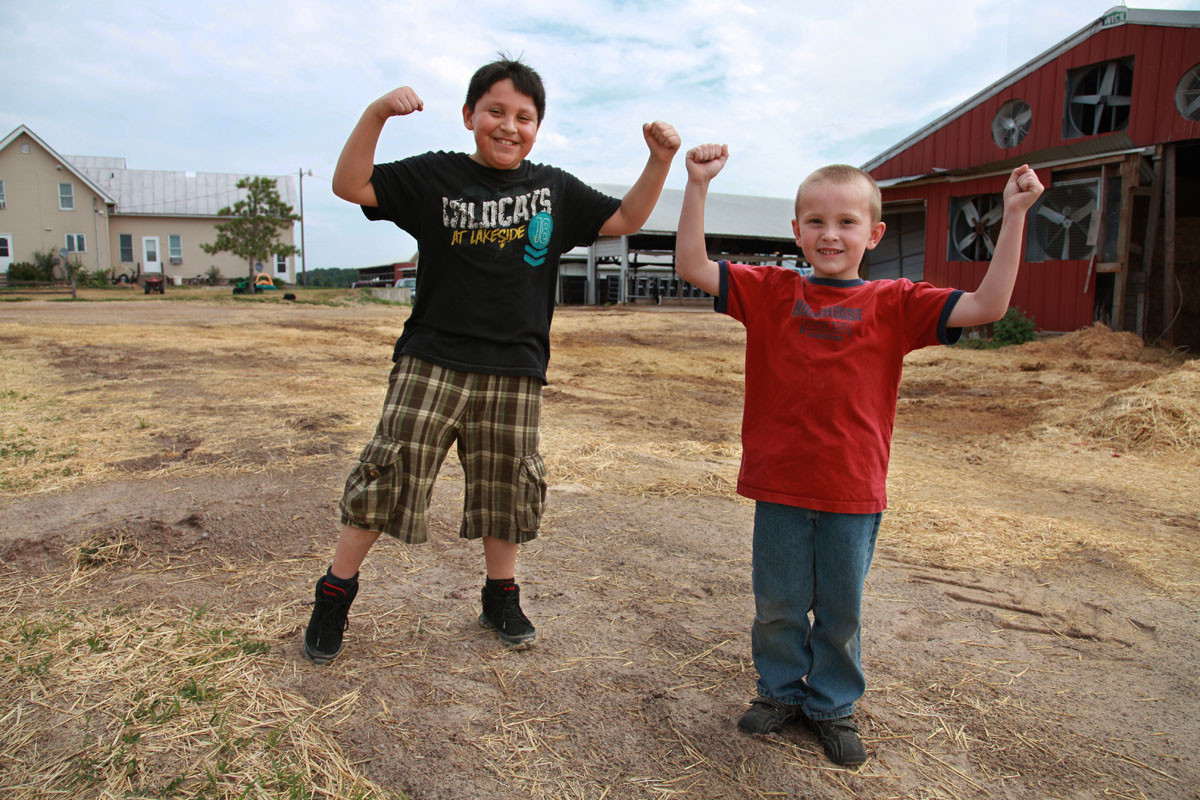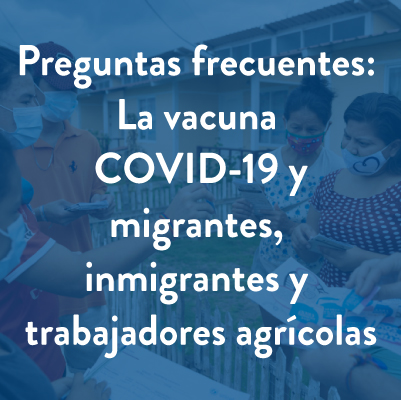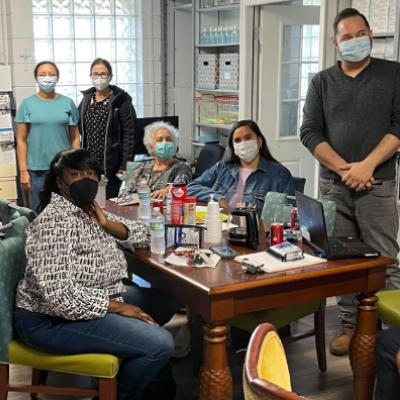- Who We Are
- Clinician Employment
- Publications
- Witness to Witness (W2W)
- El Premio Kugel & Zuroweste a la Justicia en la Salud
- Your Voice Matters: Photovoice Project
Tue, 06/12/2018 | by Amy Liebman


photo: Earl Dotter
Today is World Day Against Child Labor. Here in the US, we assume that children are protected from our most dangerous jobs, like mixing and applying pesticides. We scorn images of children from the developing world, working among dangerous chemicals, mining for gold, or laboring in factories instead of being provided a real childhood. We recognize that even adolescents, whose brains are at critical stages of development and are wired for risky behavior, need protection, and we’ve made some regulations over the last hundred years to keep kids away from our most hazardous professions. Unfortunately, today, young workers here in the US remain at risk of occupational injury because of recent policy directives by the Environmental Protection Agency -- part of a dangerous downtrend of labor health and safety protections for children across all industries. Agricultural worker children are, unfortunately, some of those who are at grave risk.

In 2015, the Worker Protection Standard, the federal regulation that protects agricultural workers in the US and is administered by the EPA, was amended for the first time in almost 20 years, establishing important new rules including a minimum age of 18 for pesticide handlers and early-entry workers, those who are permitted to return to a field after pesticides have been sprayed but before the period of danger has ended. An estimated half a million children work in US agriculture, and for those that are hired, their health should be protected by these new rules. At the time, Migrant Clinicians Network applauded the EPA for protecting our children, pointing to extensive research demonstrating that those under 18 can be gravely affected by pesticide exposure. MCN and our partners had spent decades pushing for stronger reforms (you can read about some of our efforts here, here, and here) -- and many in our network had raised their voices as well, as evidenced when we submitted 21,000 signatures to the EPA asking for stronger protections. Children younger than 18 are still developing both physically and mentally, and high levels of exposure to pesticides can have lifelong health effects. Many minors do not have the maturity to follow all label instructions or take the necessary precautions to ensure the safety of other workers. Children working in other industries are prohibited from engaging in high hazard tasks, and the same should be true for children working around pesticides.

Now, the EPA has stated its intent to roll back its own amendments to the WPS -- including the portions that protect the health of children who work in agriculture. This is not just unacceptable -- it is immoral. Unfortunately, it fits into a recent pattern at the EPA wherein the health and well-being of workers are put at risk for nominal financial advantages to industry. Last week, Attorneys General from three states have sued the EPA for delaying the implementation of the amended WPS, including for shelving training materials that would have provided farmworkers with much-needed trainings on pesticide handling; our partners Farmworker Justice and Earthjustice filed a related lawsuit as well.
Today, for World Day Against Child Labor, we declare that all people should be protected from injury on the job -- including children. Farmworkers who are under 18 should never mix and apply chemicals, nor should they re-enter a pesticide-treated area that remains under a restricted-entry interval. We call on the EPA to fulfill its responsibility to protect the health and safety of children in the fields through its amended WPS.
This post was paid for by generous individual contributions to MCN to support our advocacy efforts on emerging issues. Please donate to MCN today to help us continue this important work to supporting the health needs of the mobile poor.
Like what you see? Amplify our collective voice with a contribution.
Got some good news to share? Contact us on our social media pages above.
Return to the main blog page or sign up for blog updates here.







